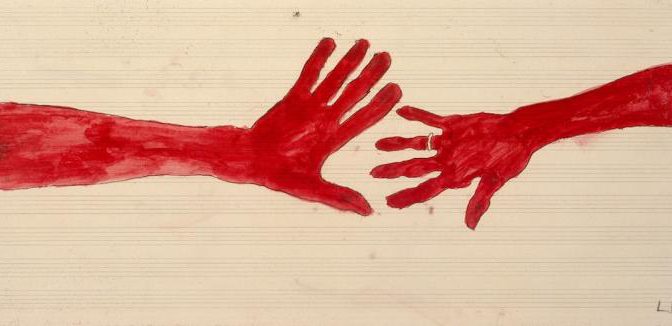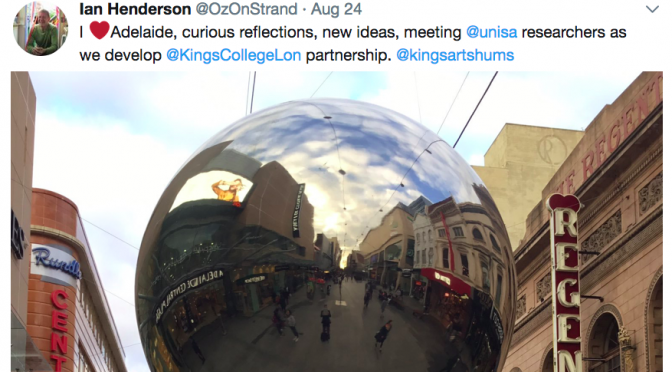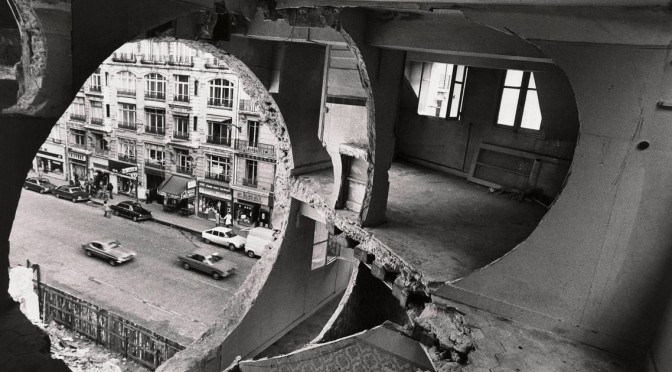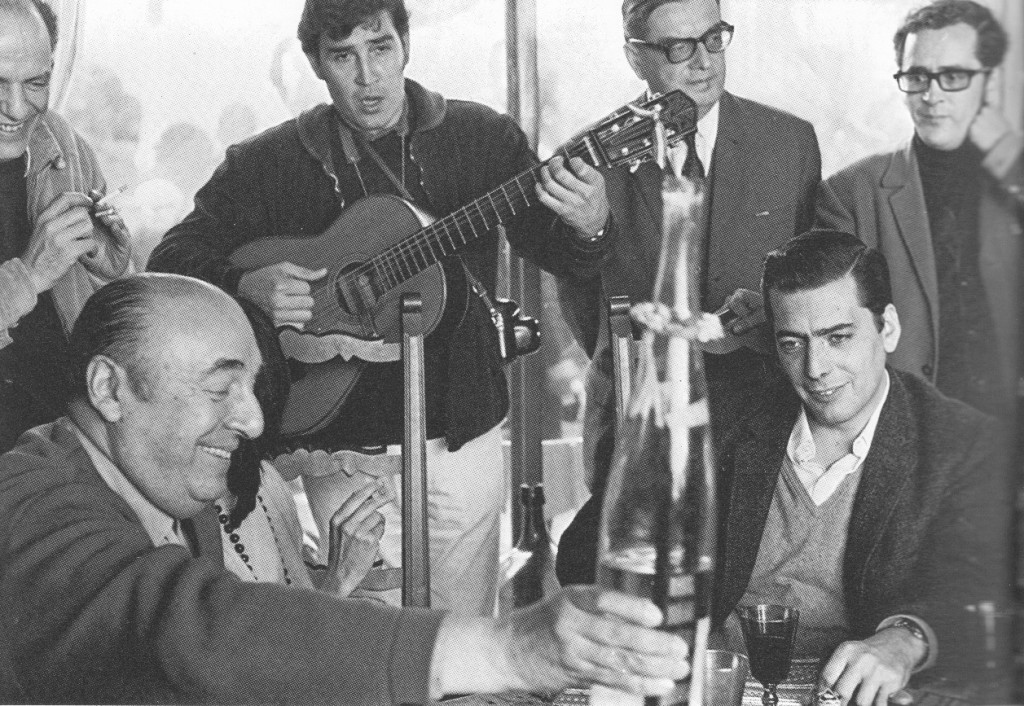By Ellie Jones (AHRC PhD researcher, Tate and English Department) and Bryony White (AHRC/ LAHP PhD researcher, English Department), co-editors of close. close is a monthly tinyletter (article sent to your inbox) exploring intimacy, intimate lives, and objects, supported by the London Arts and Humanities Partnership.
For some time, we have wanted to try and find a way to talk across our research in bodies, queer lives and intimacy. Both situated in the English Department at King’s and with desks next to one another in a small communal postgraduate research room, we have been speaking about how intimacy, its pleasures and its discontents, has long preoccupied the work of writers and artists.
In Virginia Woolf’s Mrs Dalloway, for example, intimacy is a locus of change, growth and transformation: ‘there had risen up a lovely tree in the brisk sea-salted air of their intimacy (for in some ways no one understood him, felt with him, as Clarissa did)—their exquisite intimacy’. Through intimacy, Woolf radically connects feeling to knowledge and self-understanding. However, intimacy here is also elusive. For the two former lovers, it is part of the air, atmospheric and ineffable. Continue reading close: letter #1




